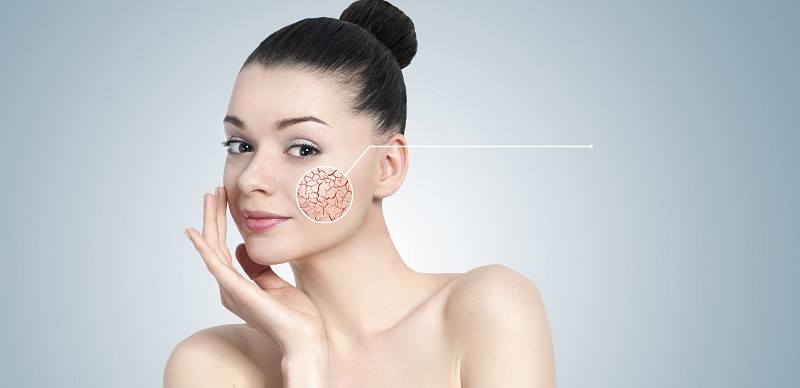Hypoallergenic skin care products are becoming more widely available today, but it is not in direct demand to higher demand from consumers who suffer from allergies. There are plenty people out there who tend to have some reaction to many of the harsh chemicals used in most skin care products on the market today, but the growing market for hypoallergenic products comes from consumer demand for all natural products that present less risk to the skin.
Paraben is a type of preservative used in many non-hypoallergenic products. Manufacturers love it because it is cheap and it extends the shelf life of their products. Even research is now showing that paraben is quite toxic to human skin. It is being linked with cancer and other types of skin damage, which is enough to drive most consumers toward paraben-free skin care products.
It turns out paraben also is the primary cause of many allergic reactions in some users. Also, many manufacturers who make paraben-free skin care products with great efforts to leave out other types of conventional allergens as well. They want to meet consumer demand for completely natural, pure products that deliver the ingredients the skin really needs and nothing more. In the end, they are mostly creating hypoallergenic skincare products that everyone can safely use.
If parabens are so dangerous to our skincare, why are they added in the first place? To preserve their shelf life much like the proverbial Twinkie! They are much lower in cost to produce for companies who don’t want to invest in hypoallergenic skincare.
A list of parabens to avoid in skincare products include Ethylparaben, Butylparaben, Methylparaben, Propylparaben, Isobutylparaben and, Benzylparaben. It won’t help if you pick a pink or a white colored cream either. Parabens are colorless and odorless and have been shown to cause premature aging due to the amount of time they spend in the body. Instead look for paraben-free skincare creams and lotions that use natural preservatives. They are just as useful and double as an ingredient that restores health to your skin.
So, now you ask yourself, where can I find hypoallergenic skincare products? Luckily, there are quite a few products that contain natural ingredients that follow the guideline-if I can eat it; it’s probably good for my skin!
Beyond natural ingredients, the hypoallergenic skincare or paraben-free skincare product you choose should be mild enough to apply to an open wound that’s how safe they are. One good moisturizing skin care product we found contained almond oil, calendula flower and, beeswax for healing deep cracks in the skin.
Protecting your Dermis or the tissue layer of your skin below the epidermis where you have nerve endings, sweat glands and, blood vessels is essential. There are much natural, hypoallergenic skincare and paraben-free skin care products that contain ingredients that are essential in protecting your Dermis.
